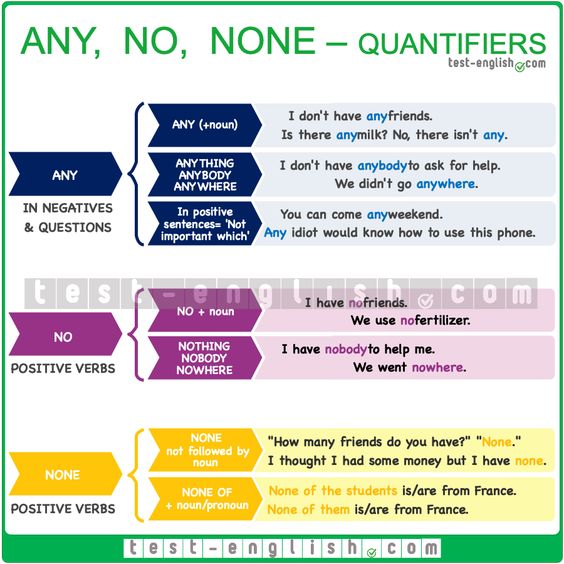No, none and any go together as quantifiers, and are also used as pronouns.
- None of is used with a noun or a pronoun. For example, your example sentence is correct, but I modified it slightly:
We had many cars when I was young. But none of my brothers wanted to teach me how to drive.
Just to point out, there's often a question of whether to use the singular or plural form of the verb, even though the number is zero (in your case, the singular and plural forms are identical). In general, use the plural form. The singular form is very formal and would sound awkward, at least in American English. For example:
None of my friends like broccoli.
- None can also be used as a pronoun to replace countable or uncountable nouns. For example:
I wanted to eat some candy, but there is none.
However, that usage is much more formal. The less formal and more common usage would be to use either no + noun with a positive verb, or any + noun with a negative verb or in a question. For example:
I wanted to eat some candy, but there isn't any.
So the most common form of your second example is:
Where is your water? I don't have any.
This is much more formal and sounds a little awkward:
Where is your water? I have none.
You can also use no + noun:
Where is your water? I have no water.
Here's a pin of a chart that summarizes the usage, from test-english.com:


